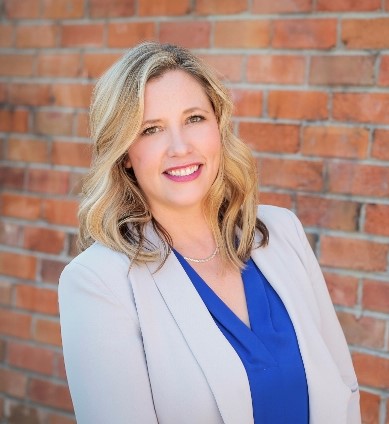
Here are six home buying questions to ask yourself to determine if buying a home while a possible recession looms is the right decision for you.
How much do I have saved?
According to Roger Ma, a New York financial planner, a high savings account balance puts you in a good position to buy the home you want when you want it. But, it’s even more important during a recession when the job market may be unstable,
Ma recommends having 20% of a home’s price in the bank for a down payment and about 4% to 6% extra for closing costs. This needs to be added with the cost of three to six months of living expenses in case of an emergency.
What kind of financing will I qualify for?
Getting pre-approved for a mortgage is an essential first step in buying a home. The better your credit score, the more likely you’ll lock in a mortgage with a low interest rate and good terms, Ma says. Lenders will vary in what they consider an acceptable credit score, but generally a score of 750 to 850 is considered excellent, 700 to 749 good, and 650 to 699 fair.
It is recommended to try to keep your mortgage payment under 28% of your income. Mortgage interest rates are remaining at historic lows just above 3%, so it may pay to strike now before they start going up!
How will home prices be affected by a recession?
During a recession, home prices may drop. This could mean that if a recession happens soon, any property purchase you make now might dip in value. Likewise, if you wait and purchase during a recession, you could stand to snag a deal.
So, should you wait? One argument against waiting is that housing inventory remains low and that isn’t likely to change anytime soon.
“Even if there is an economic slowdown, we will see much more modest price reductions,” says Fiona Petrie, executive vice president and managing director of Re/Max Integra. “At the end of the day, it is always a good time to buy, if you can afford to buy a home.”
The only bad time to buy a home is when you buy beyond your financial means. Get a handle on your financial situation, and you’ll know how much home you can afford.
What’s my time horizon?
Time horizon is another important factor to consider. This refers to how long you plan to stay in the home to ensure that the purchase is a solid, long-term investment.
Homeowners these days tend to stay in their homes longer than in the past, around 13 years, according to the National Association of Home Builders. Staying in a home at least five to seven years is considered a good time horizon.
The longer you plan to live in the home, the better if a recession hits. If you stay in your house long enough to sell it when the economic situation improves, a recession should not make a large impact in the buying decision.
“Over a longer time horizon, housing tends do fairly well,” Ma explains. “If the buyers are ready, in a good financial and economic position, it’s as good a time to buy as any.”
How healthy is my local economy?
Along with your own financial health, consider the economic health of the city or town where you plan to buy. During a recession, not all locations experience the economic slowdown at the same rate or in the same way. Historically, Fort Collins was not as hard hit as many other cities in the US.
“For buyers it’s important to consider what their local market conditions look like,” George Ratiu, senior economist at realtor.com, says. “Is the economy well-diversified? Is employment strong? Is the outlook for jobs positive, and why? Because those definitely are strong drivers of housing demand and health.”
The Fort Collin’s economy has a strong base from Colorado State University. We also have a strong base in healthcare and large employers like Woodward.
Do I even want to buy a home?
Even if you can afford the home and plan to stay there a while, make sure you also have sufficient cash to fund all the other things you want to do. This includes going on vacation, buying a car, or saving for a child’s education.
Buying a home is a large financial decision and it is important to know if you truly want to buy a home. A home purchase may affect overall lifestyle.
“Most of us only have so much cash and ongoing cash flow from our salary, but there’s a lot of different things we want to do,” Ma says. “Where does buying a home fit in that goal priority set? I think it makes sense to take a step back and say, ‘How important is this to me versus these other goals that I have set for myself?’”
If you have any questions about the market or need help finding more information about anything real estate related, please contact me!


Comments are closed.